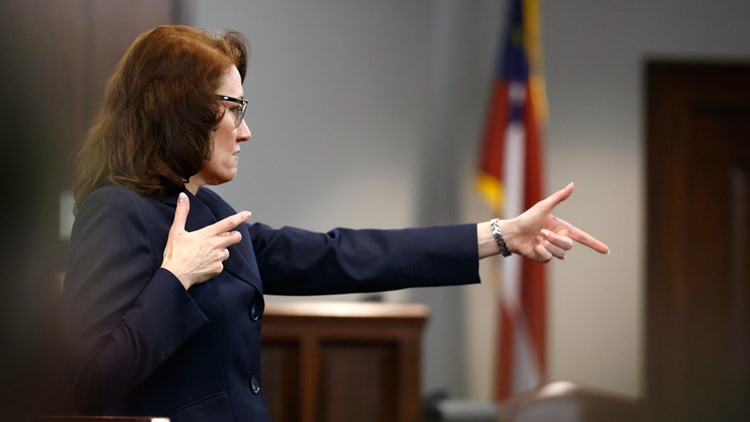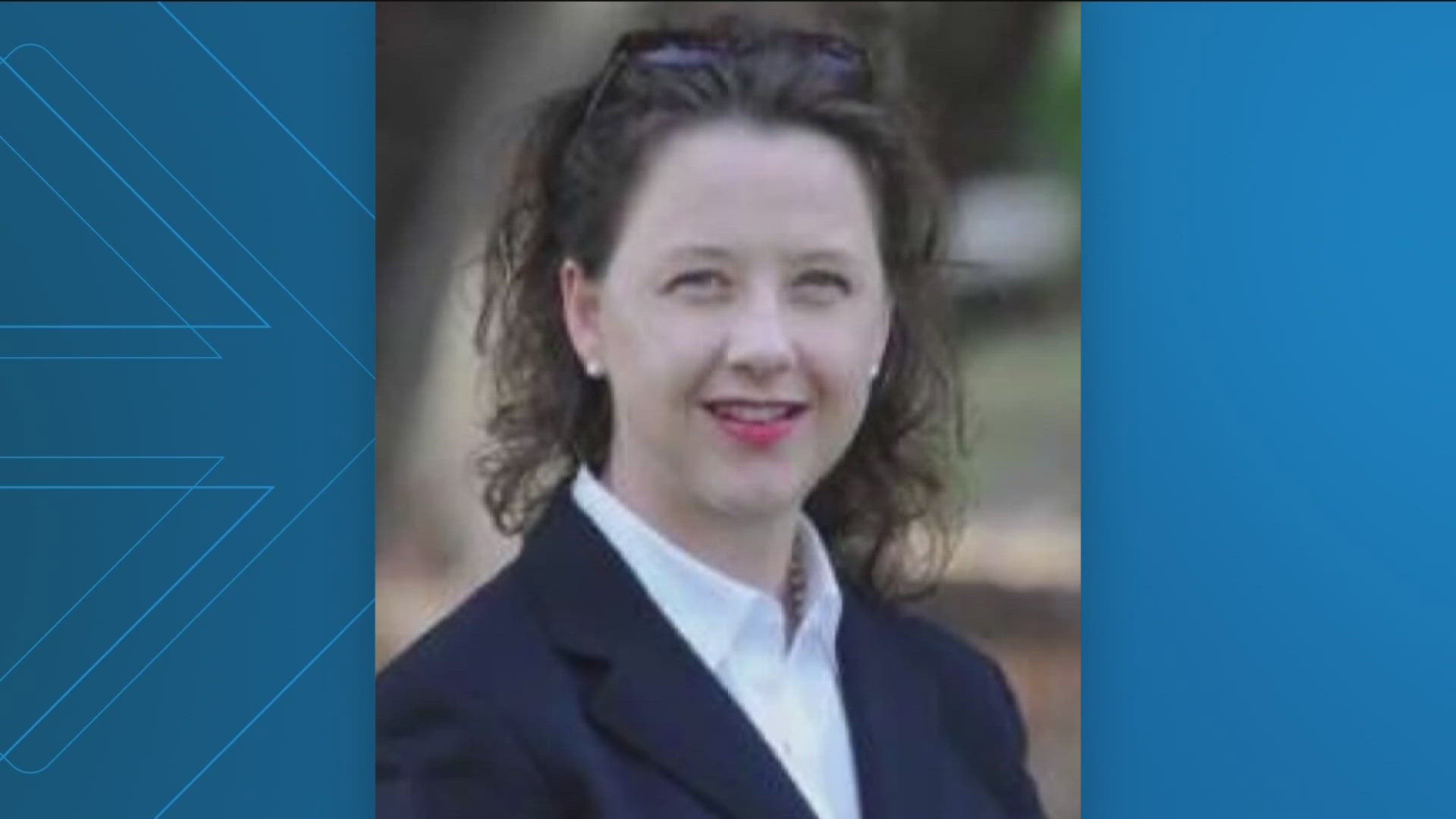GLYNN COUNTY, Ga. — One of the most politically and socially consequential trials in recent time in Georgia will see closing arguments on Monday.
Father and son Gregory and Travis McMichael and a third man, William "Roddie" Bryan face murder charges in the Feb. 23, 2020 killing of Ahmaud Arbery, which would go on to be one of the galvanizing cases for racial justice protests that swept the country last year.
RELATED: Live Updates | Closing arguments set to begin for 3 men accused of murder in death of Ahmaud Arbery
Authorities said Arbery was running through the Satilla Shores neighborhood in Glynn County, near Brunswick, on Feb. 23, 2020 when father and son Gregory McMichael and Travis McMichael left their home and began pursuing him. The McMichaels got ahead of him in their truck and blocked the road while Bryan followed and helped effectively pin him in the neighborhood.
Bryan filmed the incident from his following car.
The video taken by Bryan shows Travis McMichael and Arbery got into a struggle as he tried to run around the McMichaels' stopped vehicle blocking the road, and shot him.
Afterward the McMichaels claimed they were attempting a citizen’s arrest. Defense attorneys have argued it was an honest, sincere and lawful attempt to detain Arbery as a "suspect" in neighborhood thefts and break-ins.
Prosecutors have argued the men committed a vigilante killing that was not informed or influenced in the moment by Georgia's actual citizen's arrest law (which was repealed after Arbery's death).
During the roughly two-week trial, there has been a focus on Bryan's video from that day and others from an unfinished home in the Satilla Shores neighborhood.
Arbery was allegedly spotted entering onto that property a number of times in the months leading up to his death, which the defense has seized on as a critical component of their citizen's arrest case.
There is no evidence Arbery ever took anything or committed any damage at the home, and the owner had maintained before the trial he did not suspect Arbery of taking anything. And prosecutors have challenged the idea the McMichaels were in any way consciously attempting a citizen's arrest in the legal sense - often pointing out that they did not use the term "citizen's arrest" when explaining their actions immediately after the killing, or tell Arbery he was "under arrest" in any sense during the pursuit that ended in his death.
At one point prosecutor Linda Dunikoski asked an officer who had patrolled the neighborhood and been involved in investigating the neighborhood crime incidents if it was his "intent to deputize Greg McMichael or Travis McMichael?"
"Never," he said.
Other moments that have stood out during the trial included Travis McMichael, the man accused of pulling the trigger in the fatal shooting, taking the stand and testifying.
"I shot him (Arbery)," Travis McMichael said tearing up. "He had my gun."
The defense asked several times for a mistrial, with Bryan attorney Kevin Gough in particular repeatedly trying to make the case that the political environment made a fair trial impossible.
Prosecutors argued Gough's volatile comments early in the trial, about not wanting "any more Black pastors coming in here" were largely the cause of the demonstrations he objected to.
An at-times exasperated Judge Timothy Walmsley shot down each mistrial request.
After the closing arguments Monday, a jury of 11 white people and 1 Black person - the product of a jury selection process that was itself drawn out and highly contentious - will begin to decide if the killing on Feb. 23, 2020 of Ahmaud Arbery was murder.



